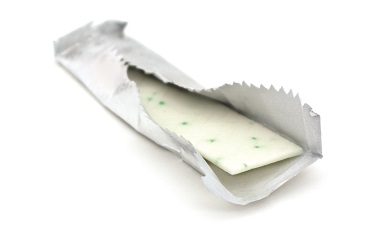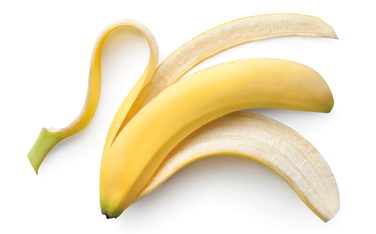“Does chewing gum put my teeth at risk?”
Readers ask, we answer: Is chewing gum bad for teeth?
Ava asks:
Hi, Ava. Chewing gum can help or hurt your mouth. It really depends on the specific gum you choose and your personal dental health risk factors.
In some cases, chewing gum may be harmful to your oral health:
• If the gum contains sugar. Always check the ingredients of your gum. Chewing sugary gum increases your risk of developing cavities.
• If you have jaw pain. Chewing gum can strain your jaw, making temporomandibular joint (TMJ) disorders worse.
• If you have braces. Like taffy and caramel candy, gum can get stuck in your brackets. Besides the mess, it can also bend the wires, interfering with your orthodontic treatment.
But if none of these apply, good news! Chewing sugar-free gum may actually be helpful. The chewing process triggers your mouth to produce saliva. Not only does saliva wash away bits of food, but it also dilutes sugars and acids to prevent cavities. Plus, if you don’t have a toothbrush handy after a meal, popping in a stick of sugar-free gum can be a great way to freshen up your mouth.
And if you choose a xylitol-based gum, your dental health may get an added boost. Gum that contains xylitol has been found to help protect against cavities. A 2017 study examined the effect of regularly chewing xylitol gum on people with a high risk of tooth decay. Those who chewed xylitol gum had a 23% lower rate of cavities than participants who chewed non-xylitol gum.
So the next time you grab a stick of gum, look for a xylitol option. But remember: No sugar substitute is a replacement for regular brushing and flossing!
Have a question you’d like us to answer? Send it to grin@deltadental.com, and it could be featured in an upcoming issue.
Going bananas
Can you really use a banana peel to whiten your smile?
Cute, delicious and low-carb?
Mini eggplant pizzas are packed with flavor and smile-boosting ingredients.
The quest for fresh
The bad breath battle has been waging on since ancient times.









